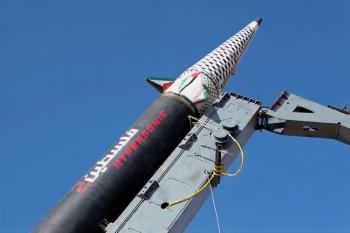Alwaght- The United Nations has failed to bridge differences between rival Libyan factions at month-long talks in Tunisia aimed at stabilizing the war-torn north African nation.
The oil-rich country has been gripped by turmoil since the 2011 Islamic uprising that ended Muammar Gaddafi’s 42-year rule. NATO interference plunged the country into chaos leading to the emergence of various militia groups and Takfiri terrorists coupled with human trafficking networks that have sent hundreds of thousands of migrants to Europe.
Political and military fractures have left the country mired in conflict and the OPEC member’s economy in freefall. Rival parliaments and governments continue to vie for power.
A month ago UN envoy Ghassan Salame, the latest in a series of Libya envoys since 2011, announced a one-year “action plan” for a transition toward presidential and parliamentary elections.
Since then the UN has hosted in Tunis delegations from rival parliaments from eastern Libya and Tripoli, which are meant to draw up amendments to a previous UN-mediated plan signed in December 2015.
But at the end of a second round of talks Salame only said discussions would continue without giving a new date.
“There are some area of consensus... but there are parts which need discussions with the political leaderships inside Libya,” Salame told reporters without giving details.
Under the new UN plan, once amendments have been agreed a national conference drawing on a much larger number of representatives from across Libya is meant to approve the members of a transitional government that would run the country until elections.
Concerns are growing in Libya after reports emerged that ISIS terrorist group is reasserting itself in vast North Africa state plagued by infighting and lack of a central government.
ISIS is reportedly seeking to re-establish a new power base in Libya after the fall of its bastions in Iraq’s Mosul and Syria’s Raqqa.



























